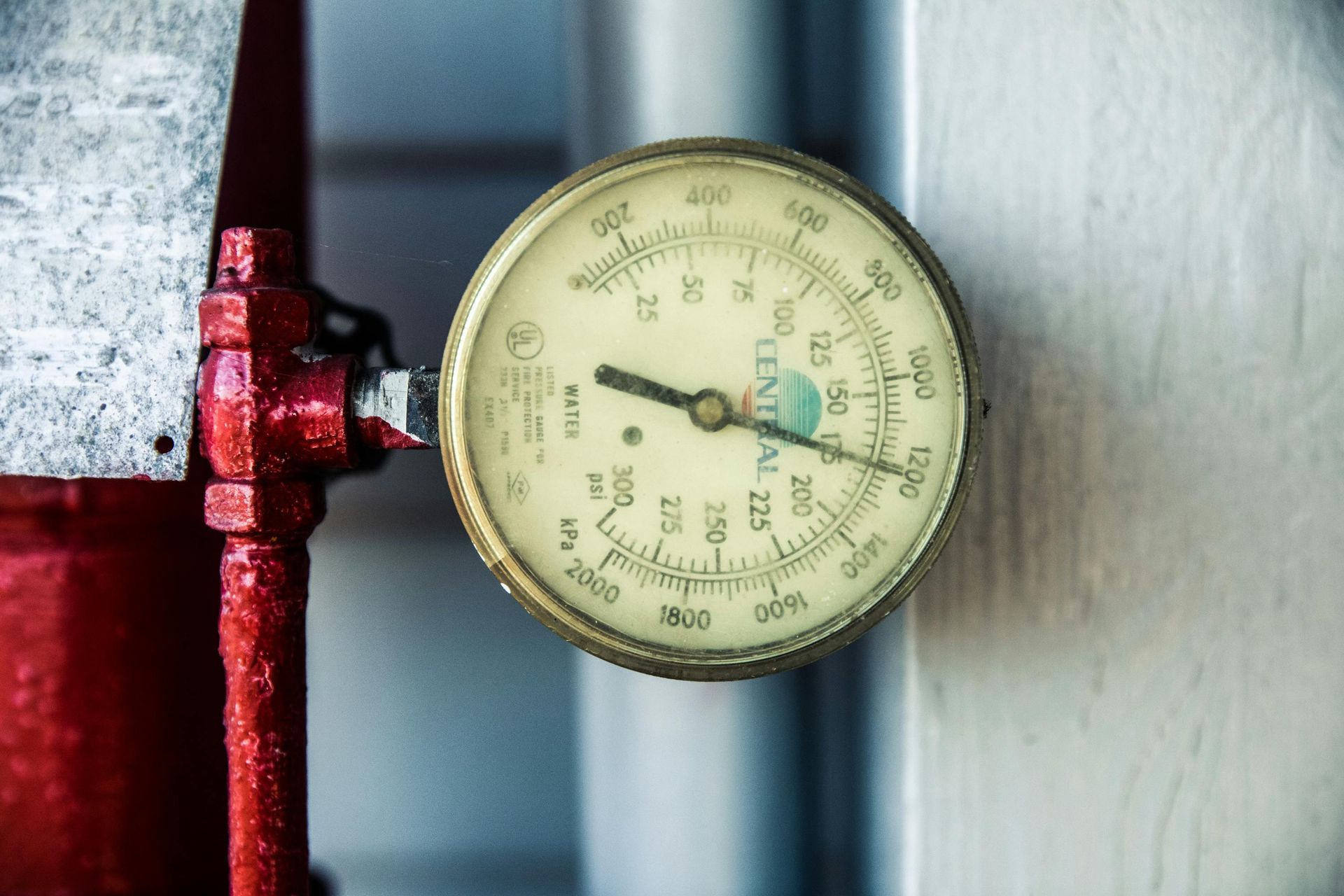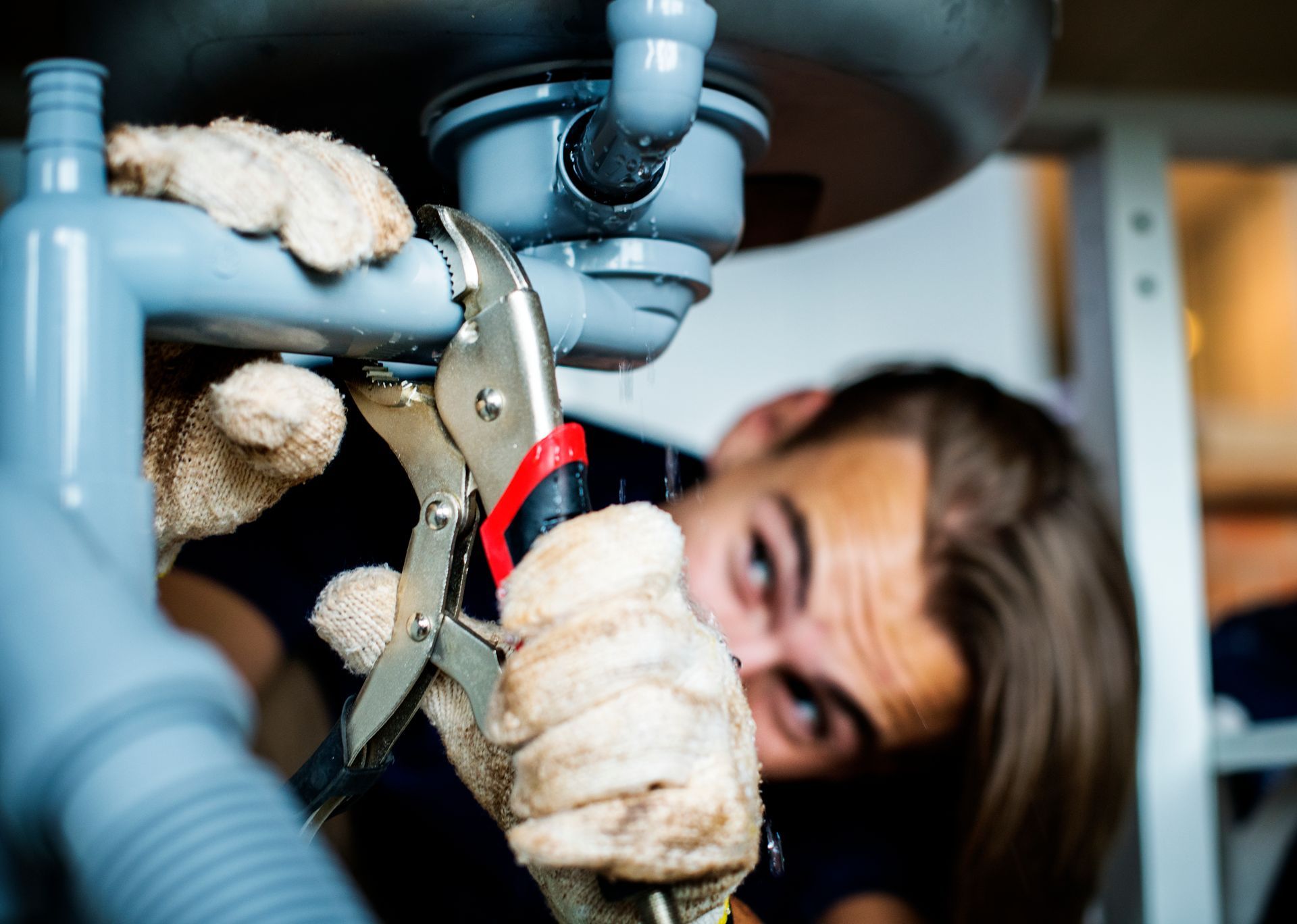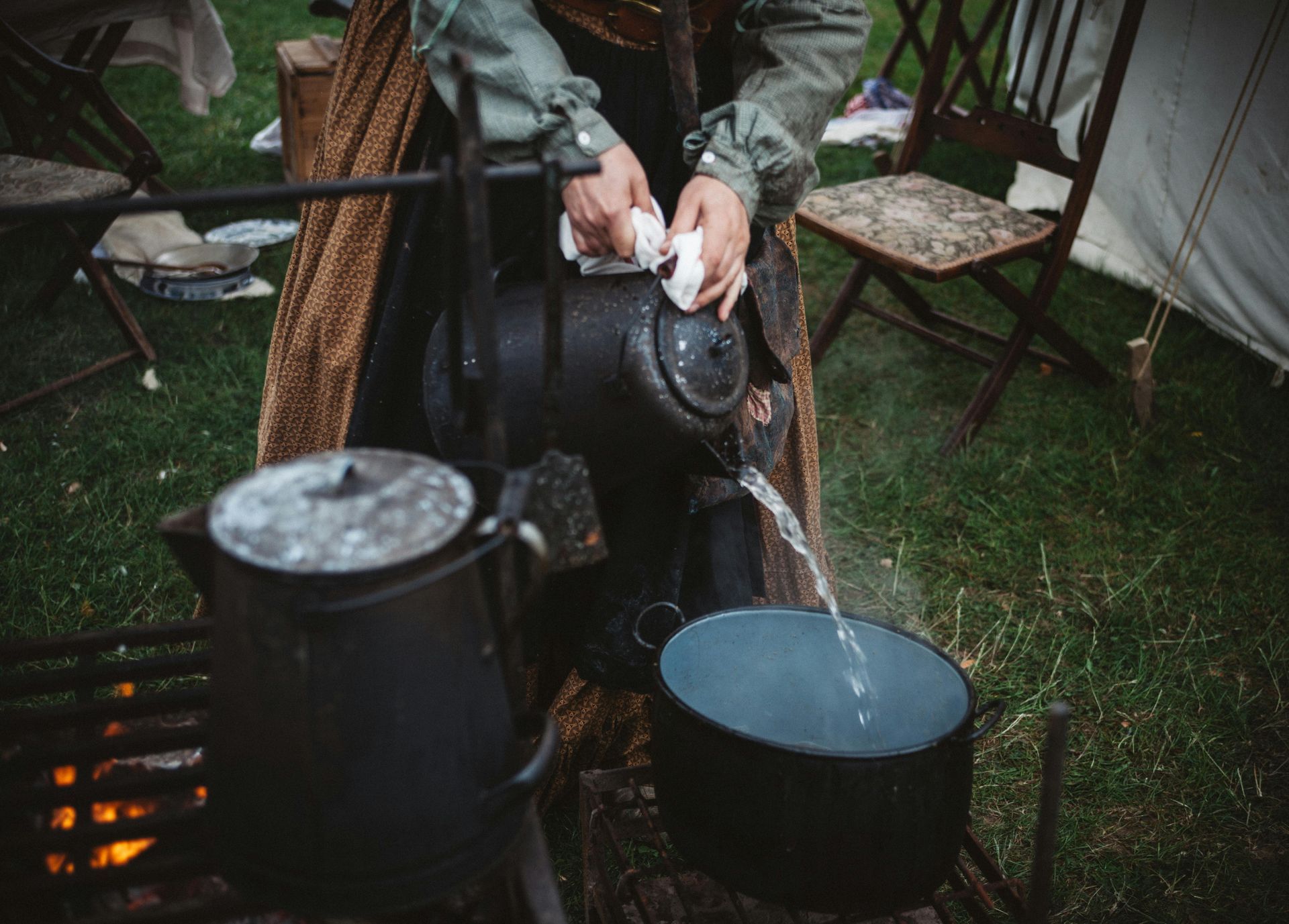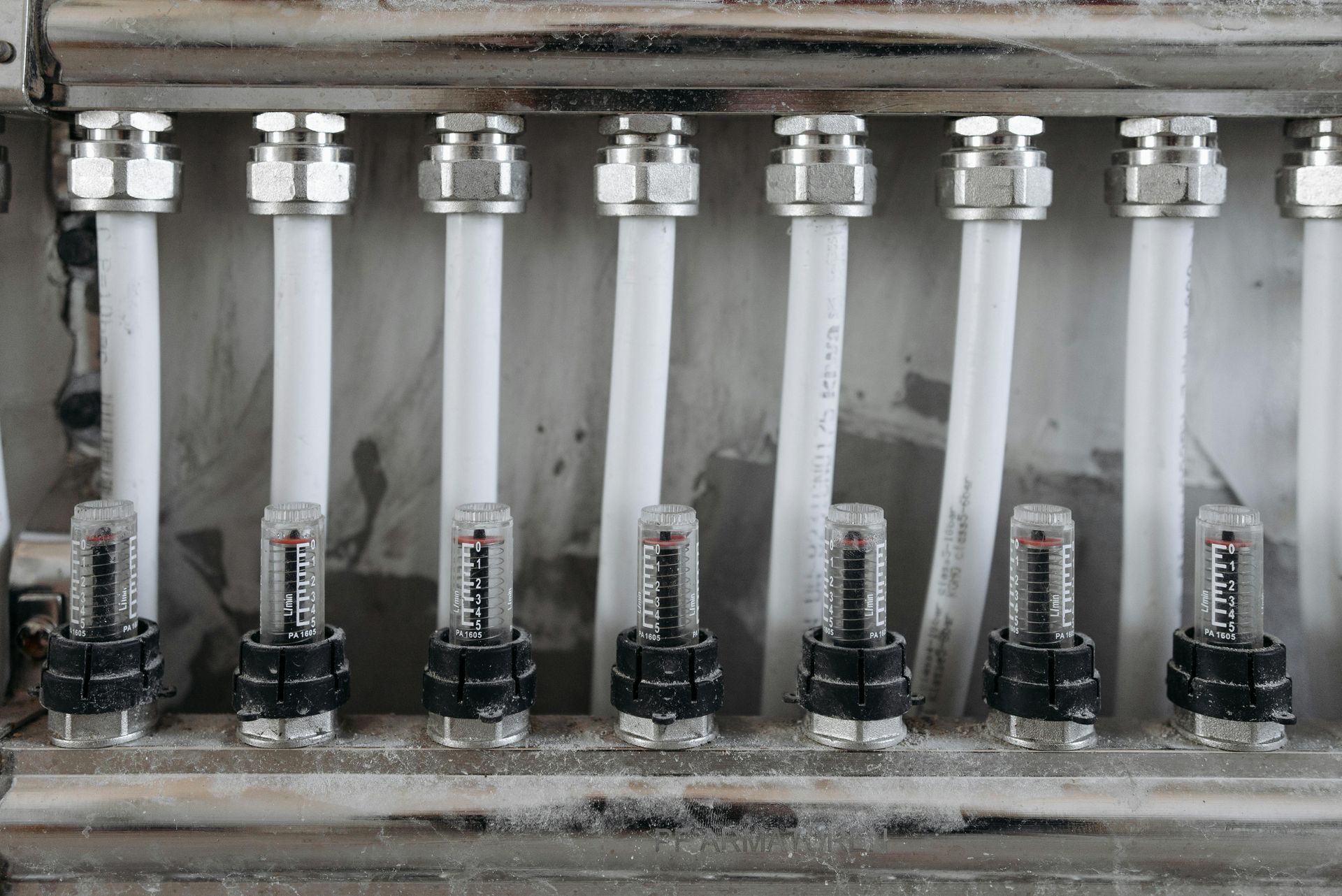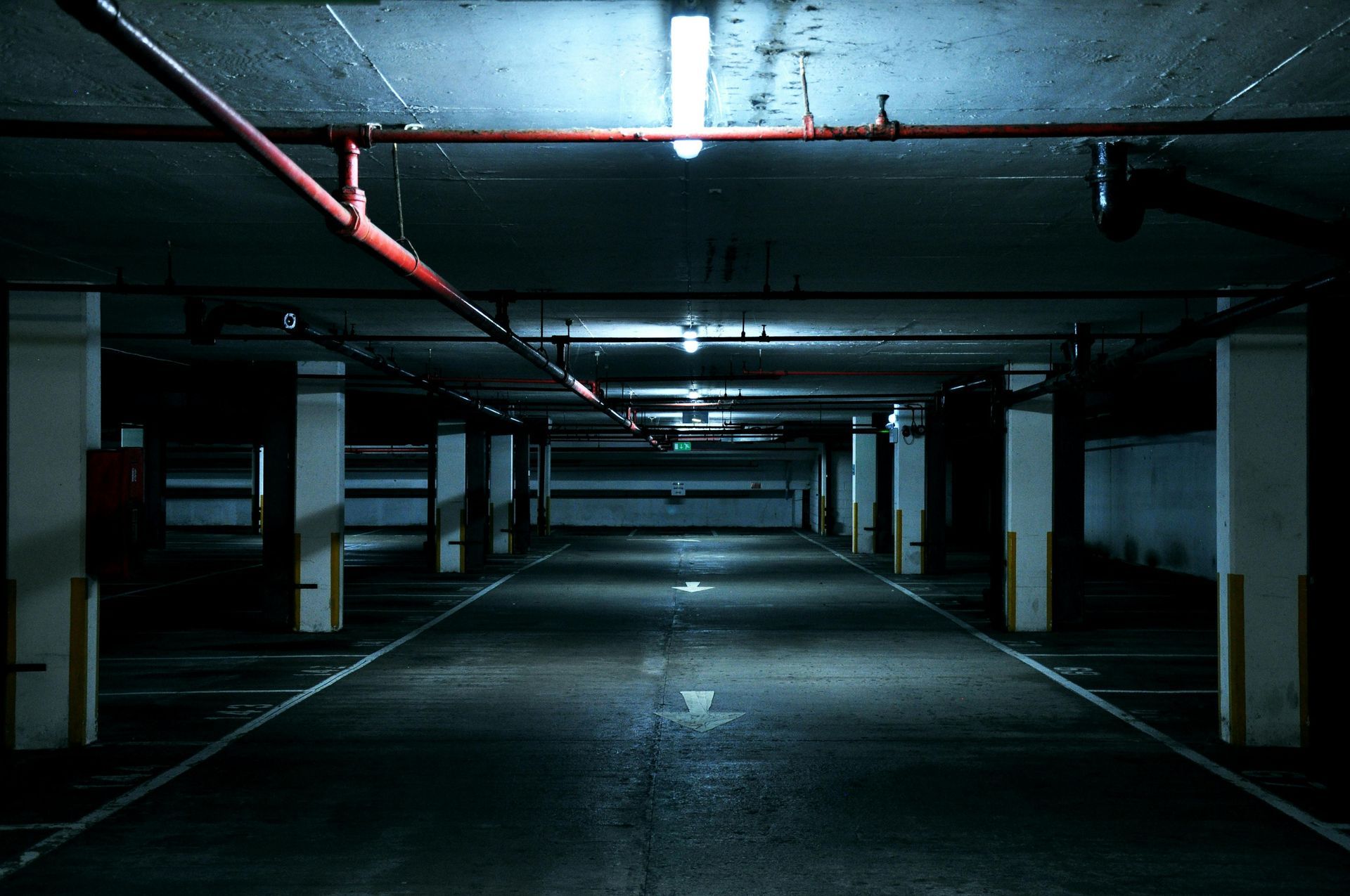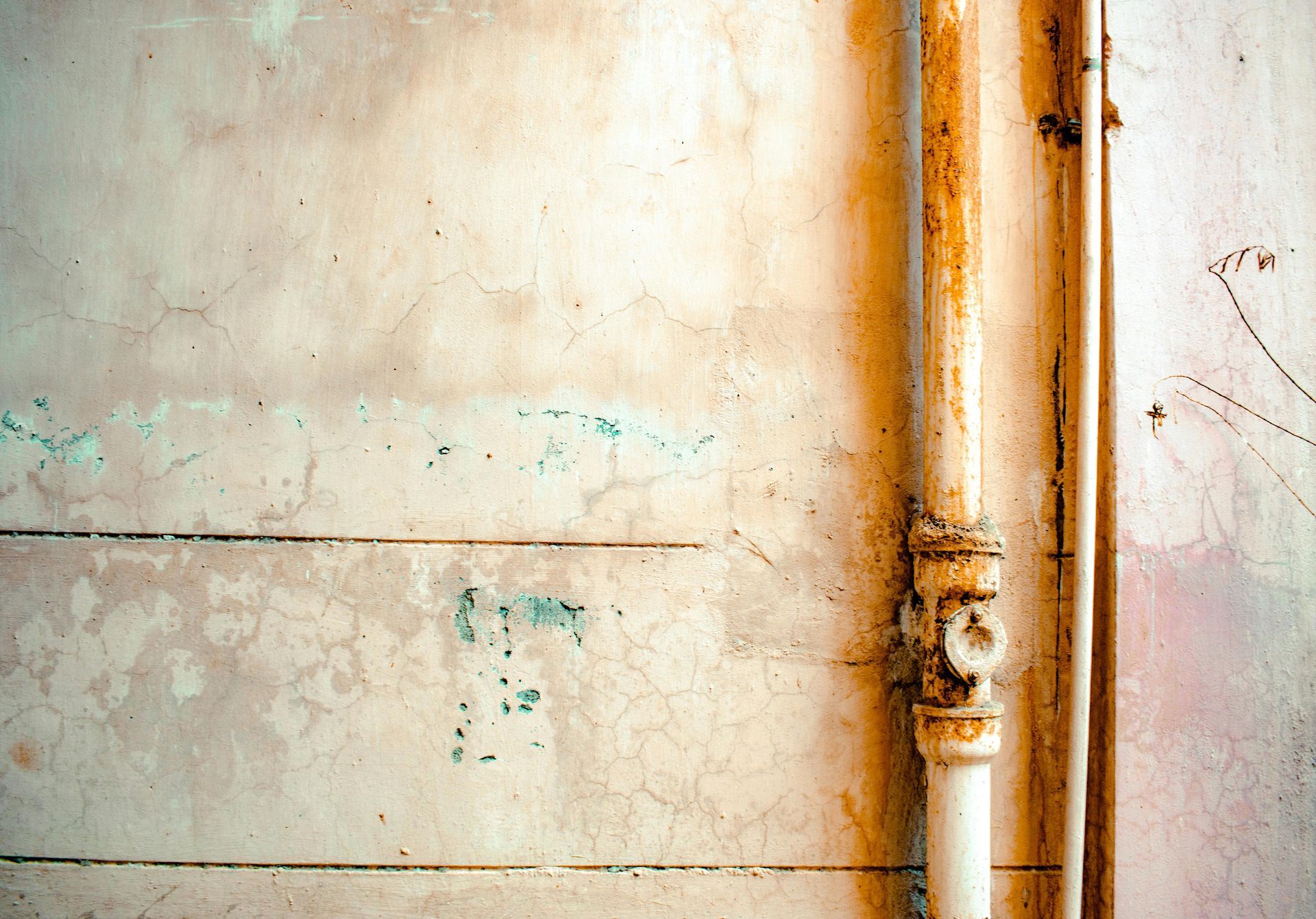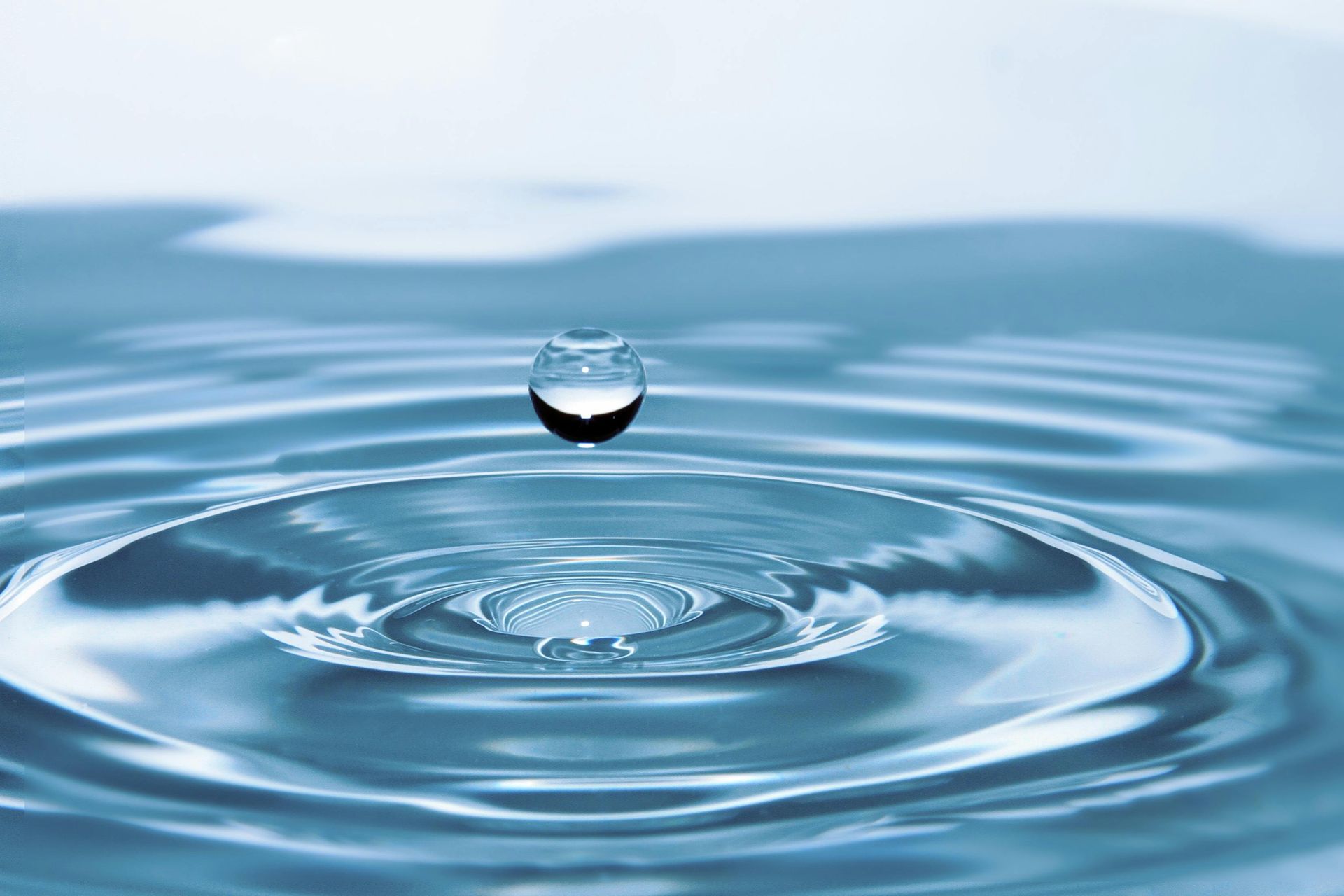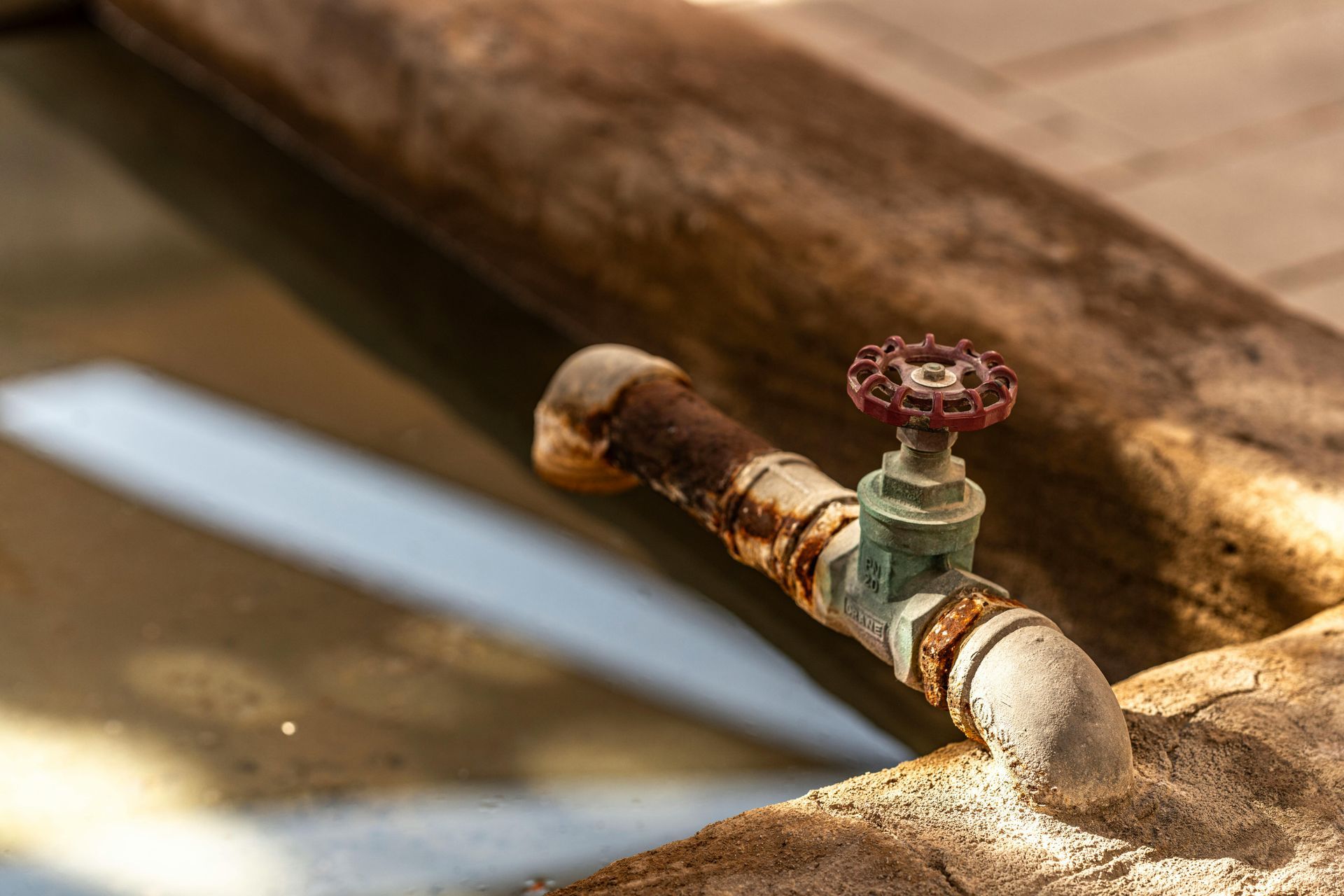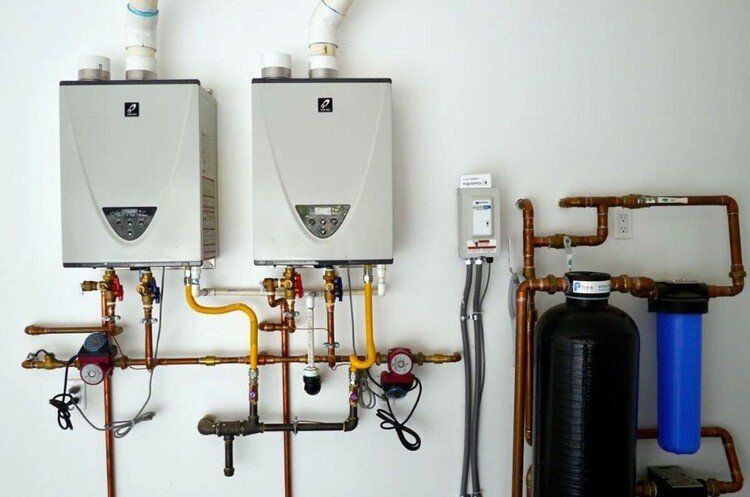How To Conserve Water In Your Bathroom: Tips And Tricks
Water conservation in the bathroom is a powerful way to reduce your environmental impact and lower your utility bills. Bathrooms are among the busiest water-using places in the home, with showers, toilets, and faucets accounting for a significant portion of daily water consumption. This detailed guide covers practical methods to conserve water effectively, highlights common issues that waste water, and emphasizes the role professionals like All City Plumbers can play in optimizing your bathroom’s water efficiency.
Understanding Bathroom Water Usage
Showers and baths typically use the largest volumes of water in the bathroom. The average shower lasts around eight minutes, consuming approximately 62 litres of hot water. By reducing shower time or switching to a high-efficiency showerhead, you can save substantial amounts of water and energy. Toilets and faucets are other major contributors, and small behavioral changes can make a big difference in these areas.
Practical Tips to Conserve Water
One of the simplest yet most effective strategies is to turn off the tap when it is not actively in use, such as while brushing your teeth or washing your face. This practice alone can reduce daily water wastage by about 30 litres. Additionally, filling the bathtub only halfway can prevent excessive water use and avoid spillage, further conserving water.
Installing water-saving fixtures such as low-flow toilets, faucet aerators, and water-efficient showerheads dramatically lowers water consumption without compromising performance. These devices reduce the flow rate, delivering the sensation of strong water pressure while using less water.
Maintenance and Preventive Measures
Regular maintenance keeps your bathroom plumbing operating efficiently. Fixing leaks promptly prevents unnecessary water loss, and routine inspection of fixtures ensures they function properly. Learning how to prevent and fix toilet paper clogs effectively also supports smoother drainage and minimizes water wastage caused by slow or obstructed pipes.
Understanding the use and condition of expansion tanks in your water heating system contributes to overall water conservation by maintaining water pressure and reducing pipe stress.
The Role of Professional Assistance
Hiring experienced professionals like All City Plumbers can enhance your water conservation efforts. They offer expert advice on installing water-efficient fixtures, performing leak detection, and ensuring that your plumbing system—including any connected devices like garbage disposals—is optimized both for water and energy efficiency.
Moreover, if you encounter issues with drain blockages or pipe condition, experts can perform effective drain clearing and recommend improvements tailored to your home.
Conclusion
By combining behavioral changes, installing efficient fixtures, conducting proper maintenance, and seeking professional guidance, you can significantly conserve water in your bathroom. This not only benefits your household budget but also contributes to global water sustainability efforts, creating a positive environmental impact from your own home.

